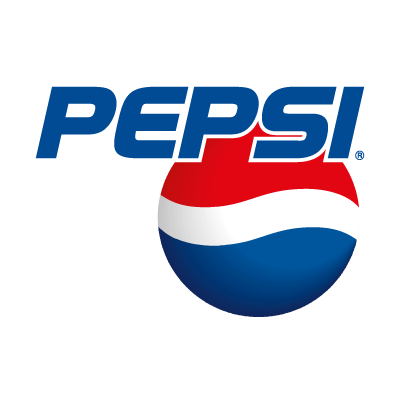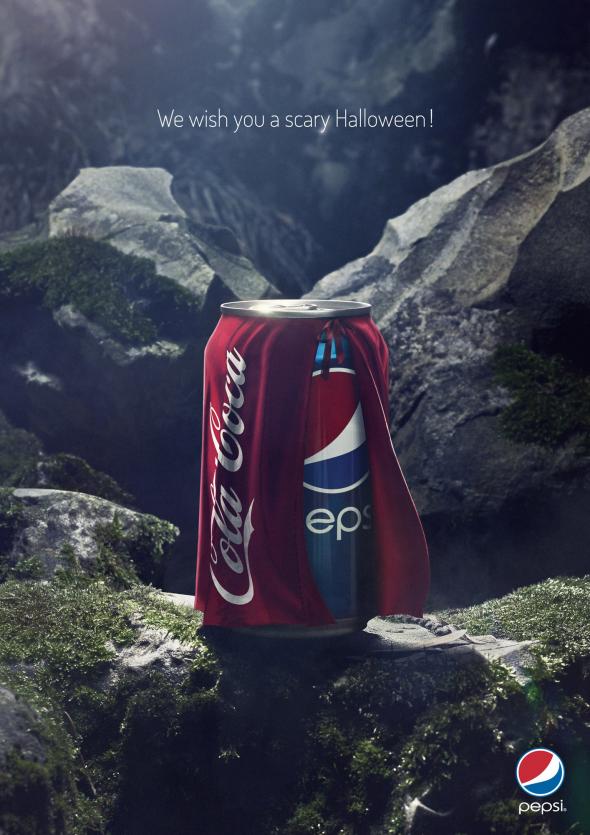I'm currently in Placement Two of my Graduate Programme at Vodafone which is a Product Manager role within the Innovation team. Now, when people ask my role, they often mishear my title and thing I say
Project Manager! However, the role of Product Manager is distinctly different. If you're a recent graduate, student, interested in marketing roles or have even just heard of Product Managers within your organisation and wondered what the hell it is- let me fill you in on a
Day in the Life of a Product Manager.
Product Managers are not a million miles away from
Brand Managers, however this depends on the type of organisation. A firm with an umbrella brand and lots of sub-brands e.g. Unilever, Coca-Cola, Mars, Nestle etc. will probably have a lot more Brand Managers than an organisation which feeds from the strength one core brand e.g. Apple, McDonalds, Amazon, Samsung and my company, Vodafone, who primarily employ Product Managers. However, effectively the two roles are pretty similar.
On a very high level, Product Managers oversee
everything which concerns a certain product. They try and drive usage/ sales/ downloads/ customer satisfaction/ whatever other KPIs marketers pluck out of their objectives and make sure the product is performing. This effectively means you have to make the maximum revenue from your product and ensure your product is doing exactly what it should be doing for the business. This of course, means you must align your product to fit in with the wider business strategy and listen to the needs of the business before you decide exactly how to market your product.
You must also be very close to and focused on the customer. Understand their every need and get feedback on the user experience, which includes a lot of testing, testing and more testing! As a Product Manager, there is also a technical understanding of your product/s needed on a higher level, to know exactly how they work, what is possible and how to develop them.
As all products go through a life cycle, it is important to understand the different times within product managing, right through from launch, growth, maturity, decline and then either rejuvenation or closing/ discontinuing a product. You as Product Manager will oversee all of these stages and
literally be the expert on this product for its entire life!
Launch
Before you can launch a product you need a need that this problem solves for the customer, backed up by a
bunch of research! With a deep understanding of the market and your target audience, as well as a real passion for the product, as you are going to have to be the salesperson to every single person inside and outside of the business.
Growth
You then continually plan roadmaps for your product to understand exactly where you want it to go and how you are going to get it there. This might be working super closely with developers, marketing communications activity or user experience improvements. You have to have super attention to detail as you pick out every little nit-picky error or problem with your product and put it right! There are always problems along the way which need solving.
Maturity
This is where you can look at your product and gather enough data about it to understand exactly what customers like and dislike about it. Do you need to make a price change, completely change the product's features or invest heavily in marketing to keep your numbers up?
Decline
Upon the product's decline you can consider two options, closing the product or revitalising it entirely. The businesses' goals may have changed, the market may have changed or the product may simply be too costly to make a profit anymore. This is where you can consider targeting a new audience, changing the structure of the product or redesigning it.
My Role
My role within Product Management is of course within a mobile technology brand and I manage a number of apps. Day-to-day I may be speaking to app developers to improve our user experience on the apps, speaking to various functions within the business such as Brand to get one of our images in the app approved, Digital to get a webpage which mentions my app changed, CVM to promote our app through an email or SMS campaign, Customer Services to make sure the agents know exactly what to say if a customer asks a question about my product or even liaising with Market Research teams to understand how much customers are enjoying my apps!
The role is super varied and means you can really put your passions and energy in to one or two products and they are your entire responsibility- which can be a good OR bad thing, depending on how well your product is doing!
If you have any questions or are interested in a Product Management role, please tweet me at @stefclark
I'll do my next role profile within Placement 2!
Stephanie












